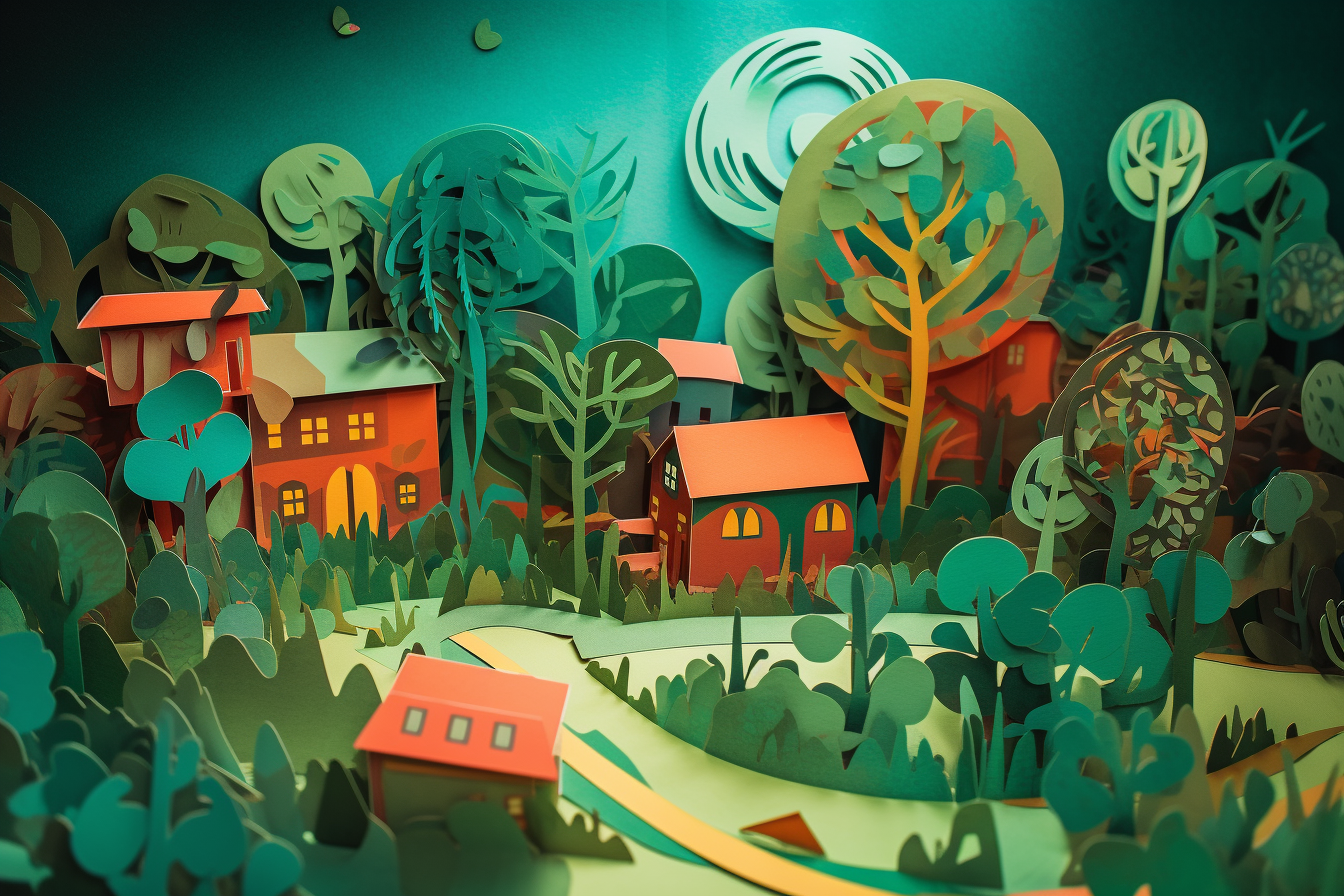Today's Problems
Here at Acorn Land Labs, we think about tomorrow a great deal. Americans have a history of being very focused on the future. That said, we don't want to miss the joys of today being preoccupied about the future. There is a balance to be had. We strive to balance our visions of tomorrow with what can be done today.

Where we are now:
The 20th century was a century of booming technological change, expanding economies, and compounding growth. The 20th century is well almost a quart century in the rearview. The 1900s brought incredible change, both good and bad. It's time for fresh ideas to enter the 21st century. The 20th century has been holding on a bit too tightly. Old technology, broken economic models, polluted systems, and harmful habits need to be washed away. Our transportation system, our food system, our housing, our energy system, our water habits, and our waste problems all need to be looked at with fresh eyes. At the end of the day, all humans have only 5 basic physiological needs: Water, food, shelter, sanitation and energy. Our modern systems for meeting these needs have major systemic issues. Pollution, gross inequality, land degradation, disease, and systemic waste are all symptoms of broken systems for meeting these 5 human needs.
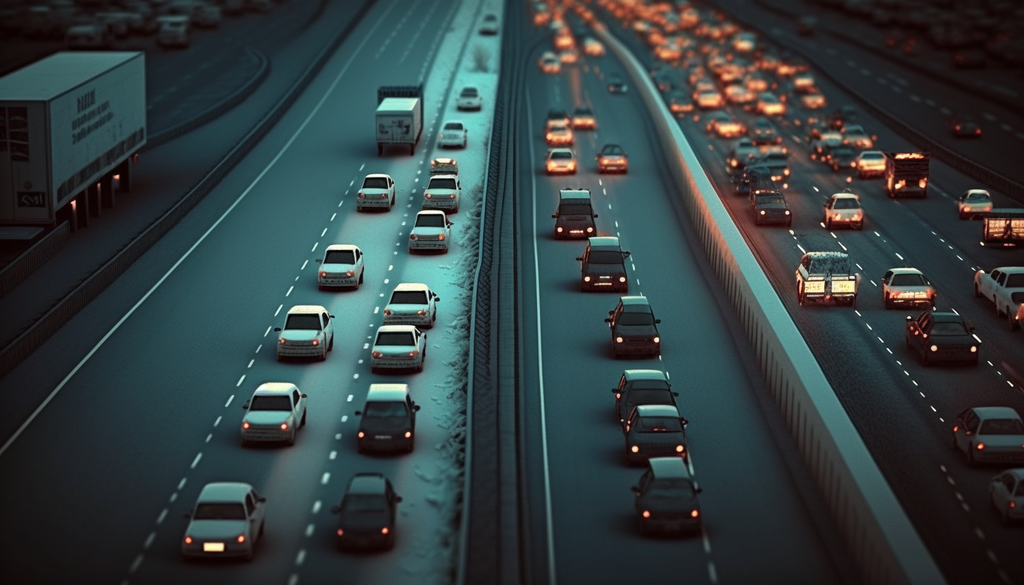
Younger generations are beginning to influence our societal direction more as they grapple with realities not experience by past generations. For instance, many within Generation Z are falling out of love with cars. This might be a very, very good thing. As car deaths rise, pollution increases, and car-related expenses drain young people financially, it's time for a change. Every idea has it rise, peak, and fall. Large, petrol powered cars have been falling for some time. Perhaps we need a revolution of multi-use car-free paths built for human legs, micro-EVs, bikes, scooters, gold carts, and low speed electric vehicles. Perhaps we should begin to design towns around humans again, and not just around cars. The need for fresh transportation ideas is critical.
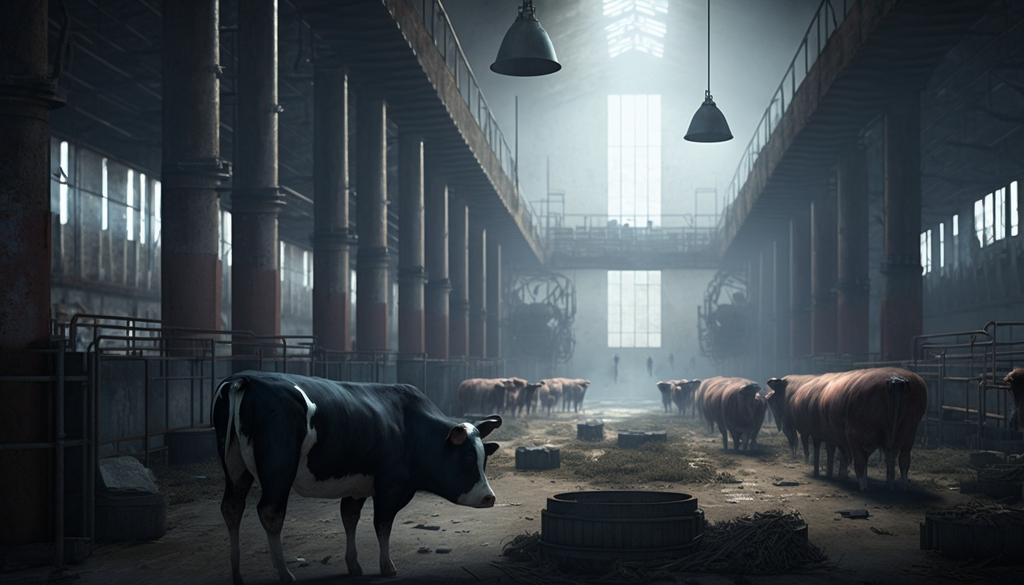
In recent years, big agriculture has been clearly revealed (repeatedly) to harm animals, workers, and soil for the sake of consolidated profits. Speculators, industrial food processors, fast food, and government agencies often put corporate interests over the health of citizens, the wellbeing of farmers, and the health of nature time and time again. "Big" ag and "big" food is clearly not serving people. Maybe it's time to bring "small" back. Small farms, local food, slow food. We don't have to get rid of all the big farms. But we do need room for more small farms. The falsehood that chemical farming is "the only way" is becoming more clear with every new study. It's time for a revolution in composting, biomass up-cycling, and diversified agriculture. 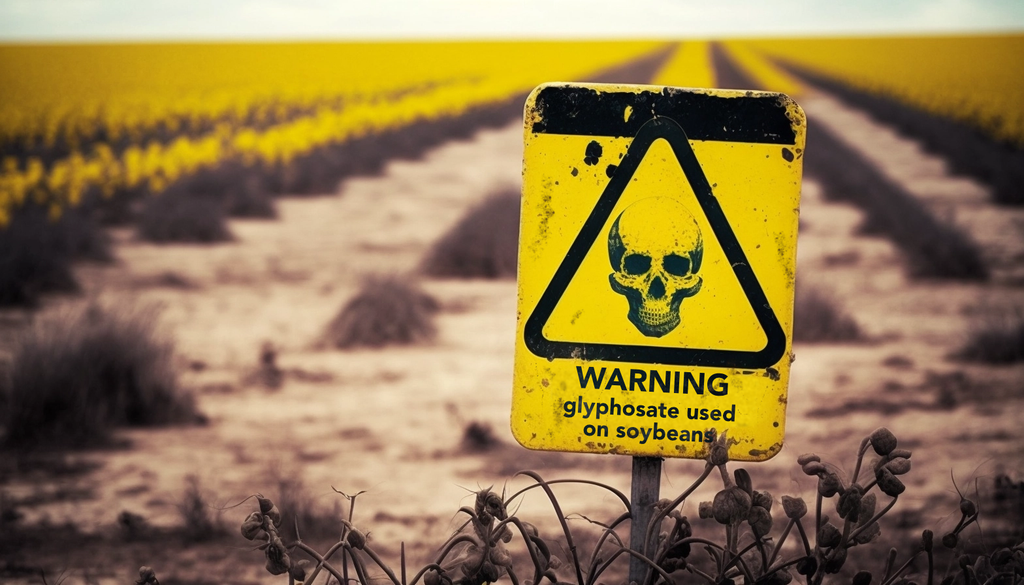 Our water problems are exacerbated by chemical monocultures. While there is plenty of water if used wisely, outmoded models of agriculture, corporate greed, and industry deplete our limited water sources, particularly in the American west. Water is a human right, not a corporate right.
Our water problems are exacerbated by chemical monocultures. While there is plenty of water if used wisely, outmoded models of agriculture, corporate greed, and industry deplete our limited water sources, particularly in the American west. Water is a human right, not a corporate right.
Sanitation and waste also need an overhaul. For too long corporations have placed the onus of recycling and responsibility on the consumer. In a hyper-consolidated landscape, consumers don't really have true choice. Consumers are captive. Corporations producing plastic wastes, single use products, and other pollutants must change drastically and begin to pull their weight. Consumers and producers must both pull their weight together.
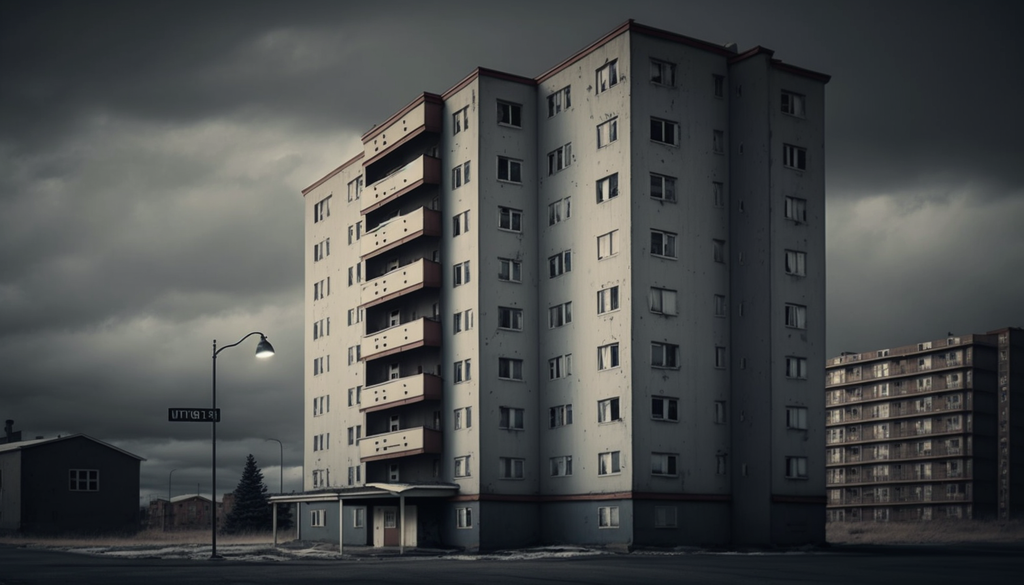
Finally, energy. There are no silver bullets here. The 20th century might be remembered as a time when humans used such staggering amounts of cheap energy, without knowing how unique those days were. Rampant gasoline, hydrocarbon, and coal use are poisoning the natural world, and the humans within it. We need energy, but we waste so much of it. Solar and wind have benefits, but we won't realistically replace the incredible power of fossil fuels with lower density clean alternatives. We need clean alternatives, and we need to become far more efficient. We must likely learn to thrive with less energy, from cleaner sources.
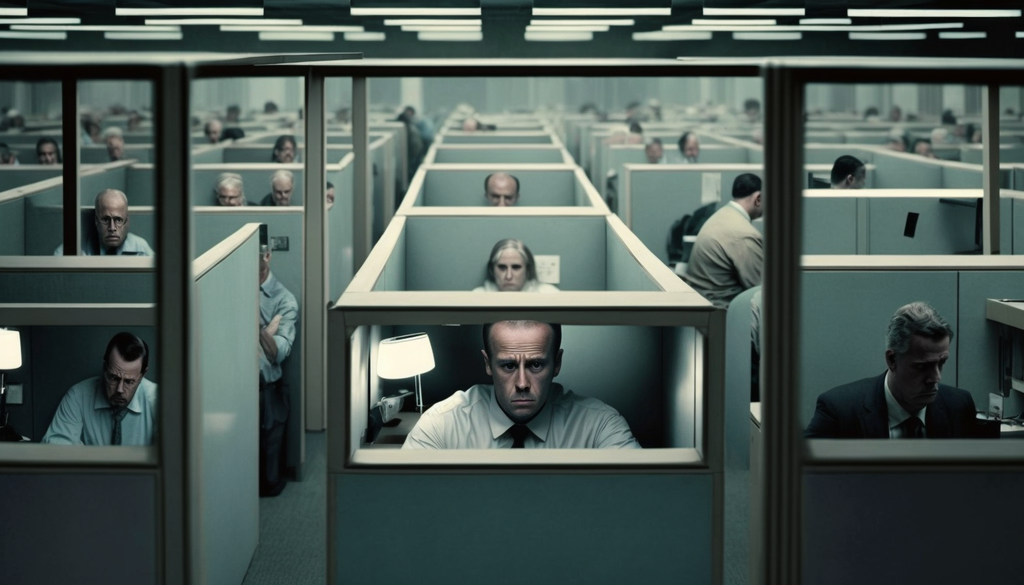
Furthermore, A.I. and digital technology will change the nature of work and our economy in ways we cannot yet fathom. Since the industrial revolution began in the 1700s we have had to learn to change and adapt rapidly. The blistering pace of AI and robotic progress will likely take many people off guard. Societal safety nets will likely be deployed after AI has rocked the economy. Many peoples skills simply will be needed for the larger economy. AI engines can already out-perform most humans at writing. AI art generators can create stunning art and photos that would take a human hundreds of hours. How do we address these issues? Incredible change is afoot. Are we preparing our children to equip them to live lives of freedom? Or are we preparing them to fit into the existing industrial models?
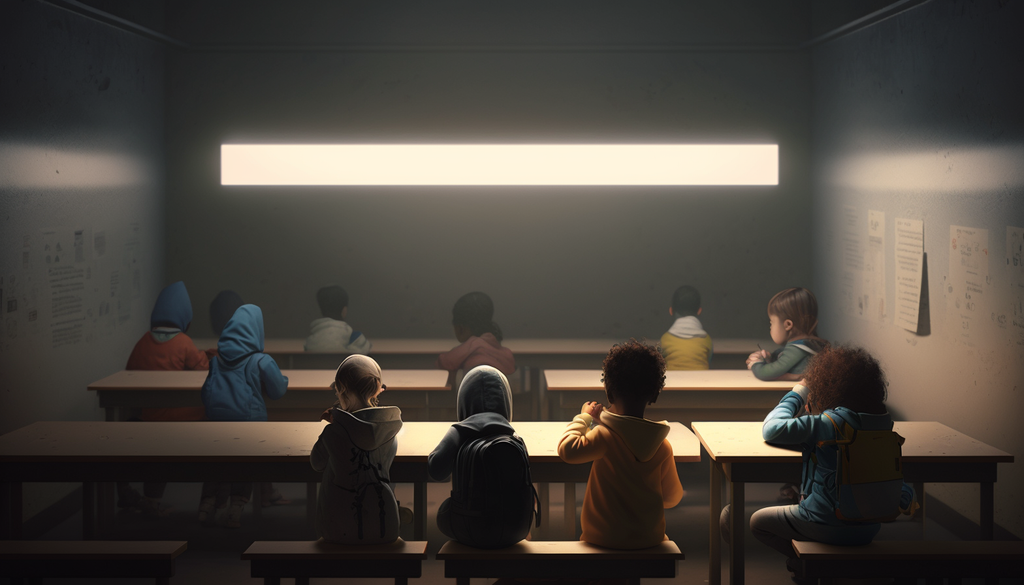
Acorn Land Labs is dedicated to expanding the minds of young people (everyone really!) by delivering hands-on, practical, off-grid focused projects. We are seeking out solutions for delivering the five basic physiological needs humans have: Water, Food, Energy, Shelter, and Sanitation. We use our land-lab educational model to teach others about ecology, energy, digital technology, agriculture, the hydrological cycle, climate, economics, engineering, and many other STEM focused fields. Our land-lab environments naturally promote cross-curricular, project-based learning.
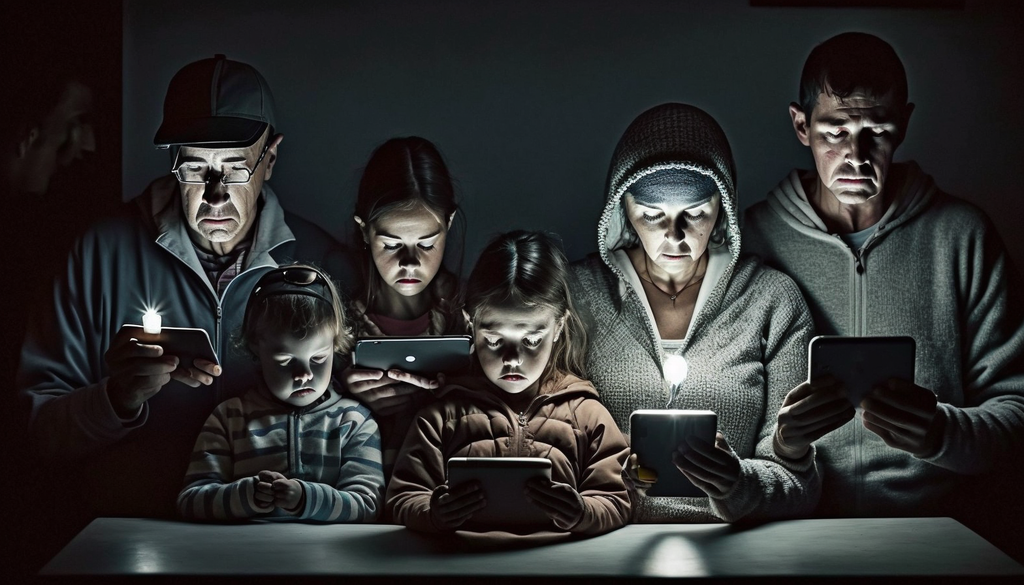
We do have many problems to solve today. Most of our technicals problems result as systemic issues stemming from broken, linear, 20th century thinking. Biodiversity loss, economic bust cycles, growing inequality, diseases from pollution, mental anxiety and numerous other issues stem from similar root causes. Linear systems and linear thinking are not sustainable. Here at Acorn Land Labs we focus on education students about circular systems. System that are by nature, sustainable, equitable, democratic, and freeing.

